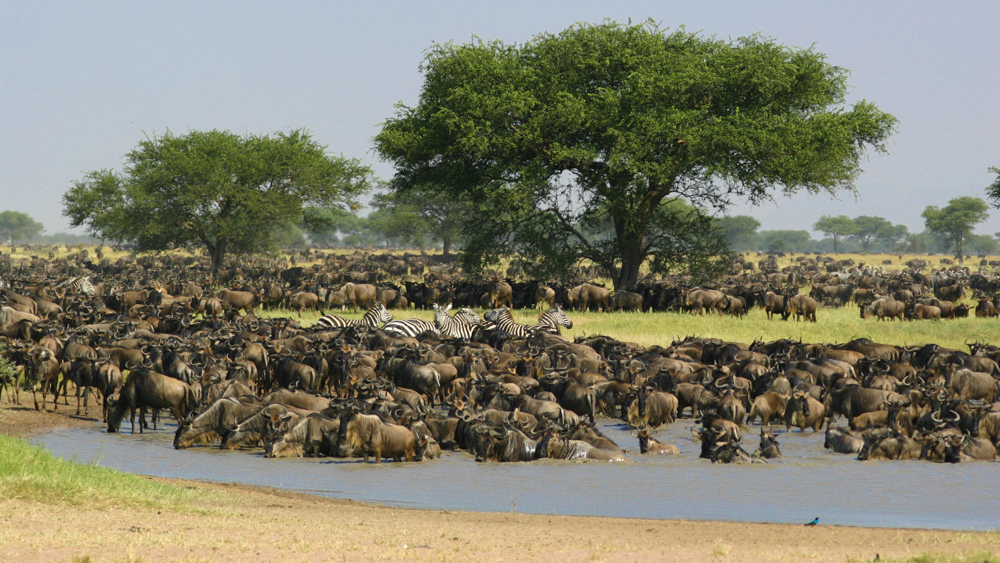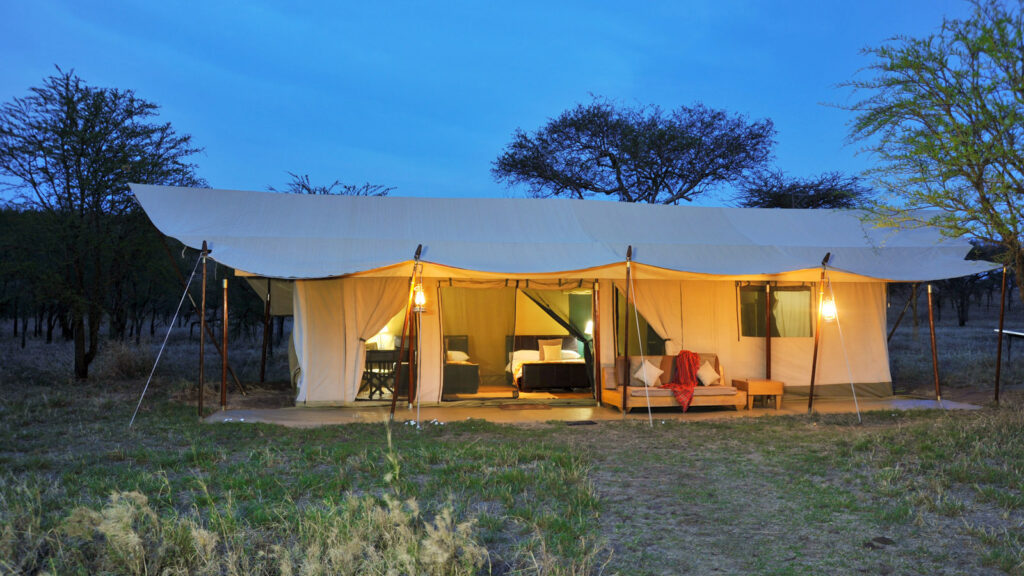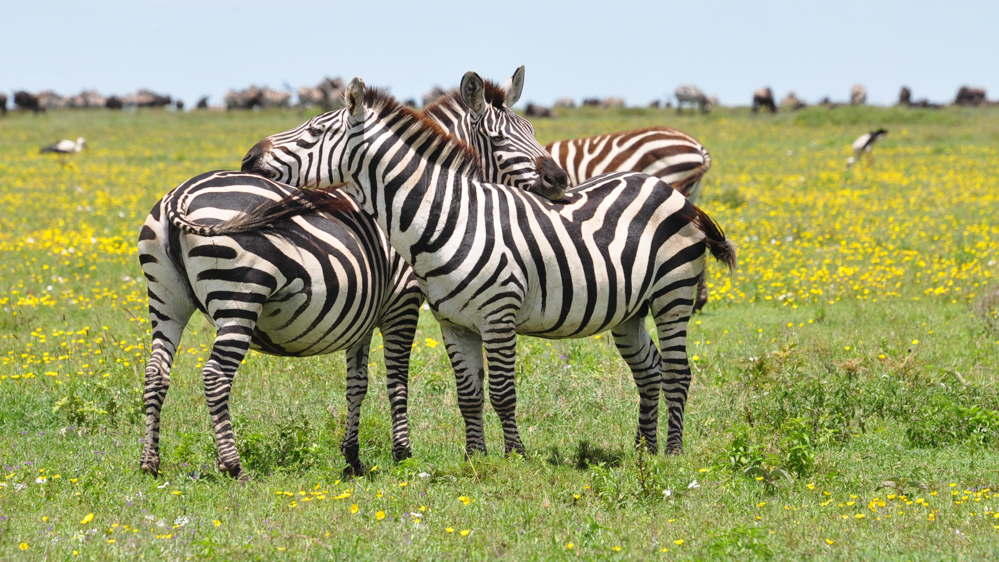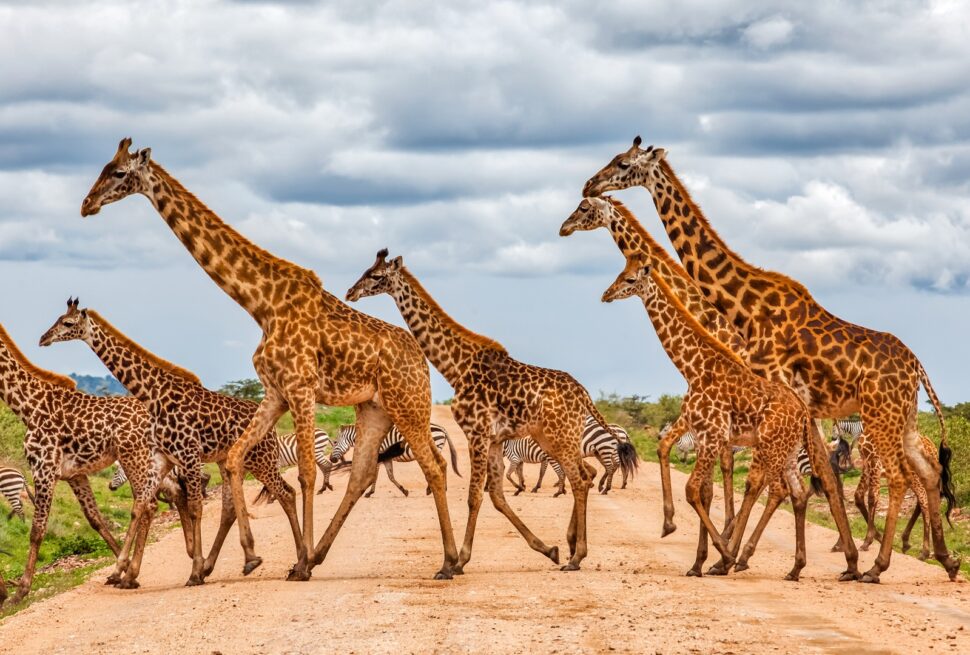Introduction
Are you dreaming of an unforgettable adventure in the Serengeti, but unsure of what’s required to make it happen? Preparing for a Serengeti safari may seem daunting, but with the right guidance, you’ll be well on your way to experiencing one of the world’s most iconic wildlife destinations.
Whether you’re a seasoned traveler or embarking on your first safari, knowing the essential requirements is key to having a smooth, enjoyable trip. From securing permits to choosing the right gear and health precautions, we’ve got you covered.
Dive into our comprehensive guide and get ready for the adventure of a lifetime in the Serengeti!
Essential Requirements for a Safari in the Serengeti
A safari in the Serengeti is a bucket-list adventure for many, but it requires careful planning to ensure everything goes smoothly. Here’s a breakdown of the most important requirements to prepare for your trip to the Serengeti National Park.
1. Entry Permits and Park Fees
Before setting off on your Serengeti safari, one of the most critical requirements is securing your entry permit. The Serengeti is a protected national park, and all visitors must pay an entry fee to access the park.
Entry Fees for Serengeti National Park
As of 2024, the daily park fee for international visitors is $82.60 per adult, with reduced fees for children and Tanzanian residents. These fees cover conservation efforts and allow access to the park’s wildlife viewing areas.
- How to Obtain a Permit
Permits can be obtained at park entry gates or booked through tour operators, who often include park fees in their package prices. If you’re self-driving, ensure you have your permit in advance to avoid delays. - Duration of Permit
Your park entry permit is valid for 24 hours, so plan your game drives and accommodations accordingly to avoid additional fees.

2. Visa and Passport Requirements
All visitors to Tanzania need a valid passport with at least six months of validity from the date of entry. Additionally, most nationalities require a visa to enter Tanzania.
Obtaining a Visa for Tanzania
Visas can be obtained either online through Tanzania’s e-visa portal or on arrival at the airport. The visa fee for most countries is $50, but it’s advisable to check the latest requirements based on your nationality.
- Types of Visas
The standard tourist visa is valid for 90 days, giving you plenty of time to explore the Serengeti and other national parks in Tanzania. - Applying for an E-Visa
The e-visa is a convenient option that allows you to apply online before you travel. Ensure you complete the application process at least two weeks before your trip to avoid any delays.
3. Health and Vaccination Requirements
Your health is a top priority when planning a Serengeti safari. While Tanzania is generally a safe destination for travelers, there are some essential health requirements and precautions to keep in mind.
Vaccinations for Tanzania
Travelers should ensure they are up to date on routine vaccines such as measles, mumps, rubella (MMR), and tetanus. Additionally, the following vaccinations are recommended:
- Yellow Fever: Required if you’re traveling from a country with a risk of yellow fever transmission. A yellow fever vaccination certificate may be checked upon arrival.
- Hepatitis A and B: These vaccines are recommended as a precaution for travelers.
- Typhoid: If you’re planning to visit remote areas, a typhoid vaccine is advised.
- Malaria Precautions
Tanzania is a malaria-endemic region, so it’s crucial to take precautions. Anti-malarial medication is recommended, particularly if you’re visiting during the rainy season. Consult with a travel doctor before your trip to get a prescription for the right medication.
Travel Insurance
Comprehensive travel insurance is essential for any Serengeti safari. Ensure your insurance covers medical evacuation, as the Serengeti is in a remote area, and access to healthcare can be limited.
- What to Look for in a Policy
Your travel insurance should cover the following:- Emergency medical care
- Trip cancellation or interruption
- Lost or delayed luggage
- Medical evacuation (crucial for remote safari areas)
4. Packing List for a Serengeti Safari
Packing for a Serengeti safari is an important part of the preparation process. You’ll need to strike a balance between comfort, practicality, and protection from the elements.
Essential Safari Gear
- Lightweight, Breathable Clothing: Choose neutral-colored clothing (khaki, beige) that blends with the environment and avoids attracting insects. Opt for long sleeves and pants to protect against mosquitoes and the sun.
- Comfortable Footwear: Sturdy, closed-toe shoes or hiking boots are essential for walking safaris or nature hikes.
- Wide-Brimmed Hat: To protect your face and neck from the harsh African sun.
- Sunglasses and Sunscreen: High UV protection is crucial.
- Light Jacket: Mornings and evenings can be chilly in the Serengeti, even in the dry season.
Photography and Binoculars
The Serengeti is one of the best places in the world for wildlife photography, so bring a good camera with a zoom lens (at least 200-300mm). Binoculars are also a must-have for spotting distant wildlife.
- Recommended Camera Gear
A DSLR or mirrorless camera with a zoom lens will allow you to capture high-quality photos of animals from a distance. If you’re not an avid photographer, a smartphone with a zoom lens attachment can also work.
5. Safari Transport Options
One of the biggest considerations for your Serengeti safari is how you’ll get around the park. There are two main options: booking a guided safari tour or self-driving.
Guided Safari Tours
For first-time visitors, a guided tour is the most convenient and stress-free option. Professional guides have in-depth knowledge of the park and can help you spot wildlife more effectively.
- Benefits of a Guided Tour
- Expert wildlife tracking and spotting
- Comfortable 4×4 vehicles with pop-up roofs for better viewing
- All logistics (accommodation, permits, etc.) are handled by the tour operator
Self-Driving in the Serengeti
If you prefer a more independent experience, you can opt for a self-drive safari. However, this requires careful planning, including renting a 4×4 vehicle and navigating the park’s dirt roads.
- Tips for Self-Driving
- Ensure you have a good GPS system or map.
- Pack plenty of water, food, and fuel, as services are limited inside the park.
- Be prepared for rough road conditions, especially during the rainy season.
6. Accommodation Options in the Serengeti
The Serengeti offers a wide range of accommodation options, from luxury lodges to budget-friendly campsites. Choosing the right accommodation will depend on your budget, preferences, and the type of safari experience you’re seeking.
Luxury Lodges and Tented Camps
For those looking for a high-end safari experience, the Serengeti has several luxury lodges and tented camps offering premium amenities, including private game drives, gourmet meals, and stunning views of the savannah.
- Recommended Luxury Lodges
- Four Seasons Safari Lodge: Offers an infinity pool overlooking a watering hole frequented by elephants.
- Singita Grumeti: Known for its eco-friendly luxury and incredible wildlife viewing.
Budget-Friendly Campsites
If you’re traveling on a budget, the Serengeti also has public campsites that offer basic facilities at a fraction of the cost of luxury lodges. These campsites allow you to experience the thrill of sleeping in the wild without breaking the bank.
- Recommended Budget Campsites
- Nyani Campsite: A popular choice for budget travelers, offering basic amenities and close proximity to game-viewing areas.
- Lobo Campsite: Located in the northern Serengeti, ideal for those exploring the more remote regions of the park.

7. Wildlife Etiquette and Safety Tips
When on safari, it’s important to respect the wildlife and follow safety guidelines to ensure a safe and enjoyable experience.
Key Wildlife Etiquette Tips
- Always maintain a safe distance from animals and never attempt to feed or touch them.
- Stay inside your vehicle during game drives, unless on a guided walking safari.
- Keep noise levels low to avoid disturbing the animals.
Safety Tips for the Serengeti
- Follow your guide’s instructions at all times.
- Be cautious around watering holes, where predators may be lurking.
- Keep your tent or lodge door closed to prevent wildlife from entering.
Conclusion
A safari in the Serengeti is a once-in-a-lifetime experience, but proper preparation is key to ensuring it goes off without a hitch. By understanding the requirements, from permits and visas to health precautions and packing tips, you’ll be well-prepared to make the most of your adventure.
Whether you choose a guided tour or a self-drive safari, the Serengeti’s incredible wildlife and landscapes await you.
For more information, check out resources like the Tanzania National Parks Authority and Serengeti Official Website for updates on permits, fees, and travel guidelines.


